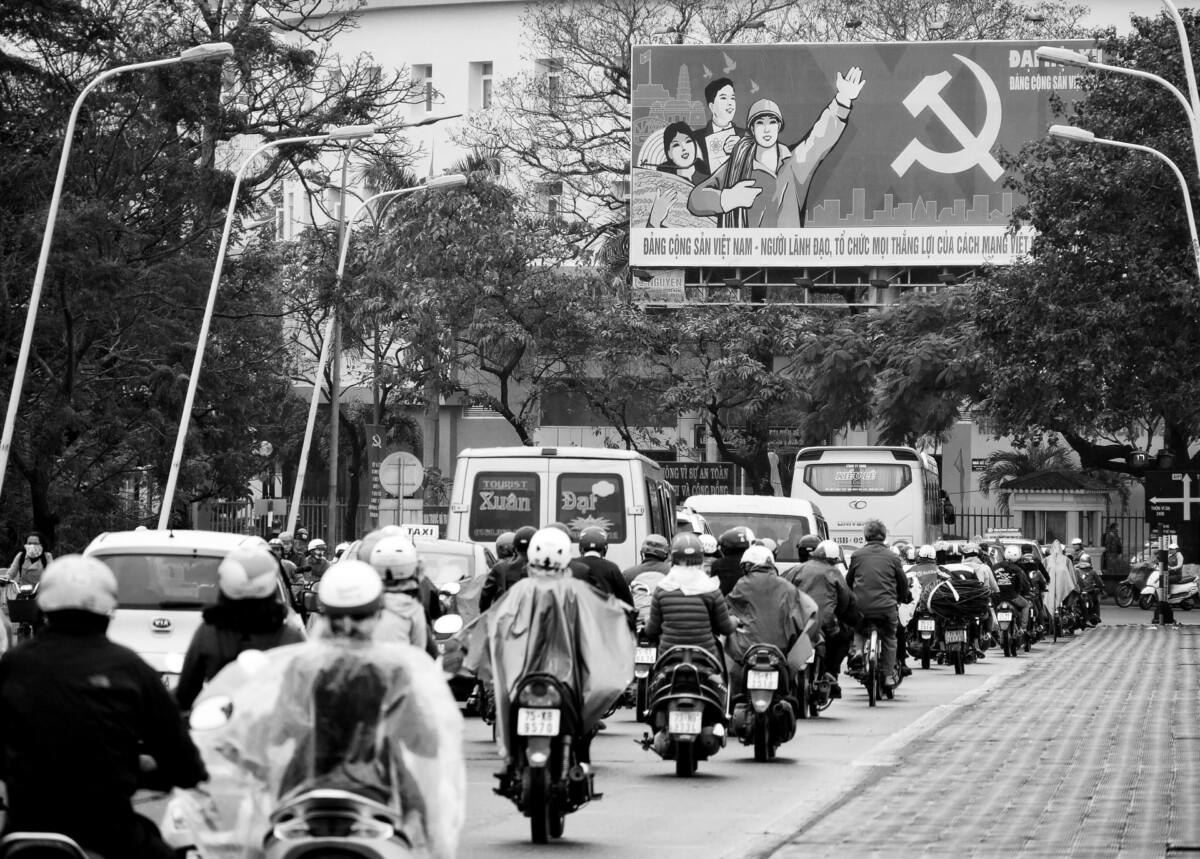The Dutch elections are underway, voting already having started yesterday for some Dutch citizens. You may be familiar with VVD and PVV, but there have been some more obscure political parties in Dutch history. Everyone’s gotta have their say in a democracy right?
What will strike many expats is how fractured Dutch politics is and how many parties there are. Right now, no less than thirteen parties will make up the Tweede Kamer (Dutch Parliament). Forming what we call a “coalition”, a group of like-minded parties which together hold a two-third majority, is often quite a task. This balkanization does have the upside that makes polarisation more difficult, as many voters will find their niche.
And some niches there have been! Here are some rather remarkable parties from Dutch political past, present, and maybe even future:
Rapaille Partij
As long as there has been free expression, there have been people who used it to mock it. The Rabble Party was founded in 1921 by artists and anarchists and is considered to be the first Dutch “anti-party”. To show their disdain for universal suffrage, they elected a famous homeless man from Amsterdam as their lijsttrekker (the first party member to receive a seat in parliament).
To the rabble’s credit, they did have some valid points. There was little value in letting the masses vote when most of them couldn’t even read and had few ways of informing themselves about politics. The party actually obtained two seats in the city council after the 1921 elections but died a quiet death not long afterwards. Kind of sad for a party that literally had “free drinks” as their number one priority.
Vrije Seks Partij
Not much to explain here. The Free Sex Party (VSP) probably went for the lowest common denominator and thought: everybody likes sex, so why not turn it into a political spear point? Jokes aside, the actual policy issues of this short-lived party were, among others: free condoms and birth control pills for everyone, more nudist communities, and free sex for prisoners (what, what…?). The party took one failed shot at the city council in 1970 and then disappeared.
Partij voor de Liefde
The phrase “Party for Love” will summon up images of either an XTC fuelled street rave, or that ominous torture institute from George Orwell’s 1984. Still, someone thought it would be a grand idea to found a political party with this name. The PVD has…opinions and policies, I guess? We’re not sure, but one of the most recent updates on their nostalgically poorly designed website warns of no less than the coming “End of the World”.
Kommunistische Eenheidsbeweging Nederland
What can a simple comrade do for the glorious movement in his or her glorious country? Well, if rumours are to be believed, women can help the Communist Unity Movement of the Netherlands (KEN) by always being topless during meetings. Also, living together in small communities and having all your sexual relationships determined for you by the party committee. Unsurprisingly, the police finally raided their headquarters in Rotterdam in 1985 on suspicion of even more dubious affairs.
Partij voor Naastenliefde, Vrijheid en Diversiteit
The Party for Neighbourly Love, Freedom, and Diversity (PnNVD) is quite a mouth-full, so it was more commonly known as ‘The Pedo Party’. In all fairness, that’s a fitting name for a party that aimed to lower the age of consent to twelve, and even spoke about eventually abolishing it altogether. Yes, that means removing all legal barriers to having sex with underage teens, but the PvNVD claimed that it’s all fine as long as it’s consensual.
Attempts to legally ban the party were unsuccessful. The PvNVD disbanded in 2010, whether this was because of the many death threats that the members received is not sure. Either way, good riddance.
So there you have it: a shortlist of some of the weirdest political parties the Low Lands have yet produced. And we even did it without making jokes about Geert Wilders.
Know of any other obscure Dutch parties? Let us know in the comments!
Editor’s Note: This article was originally published in March 2017, and was fully updated in March 2021 for your reading pleasure.
Feature Image: Eugen Nosko/Wikimeadia Commons/CC3.0





